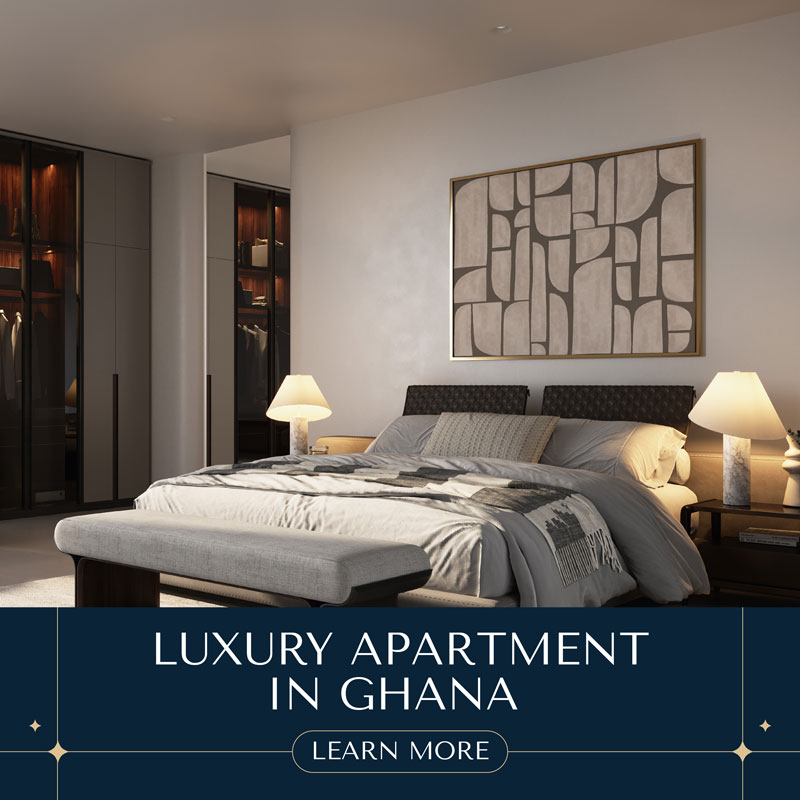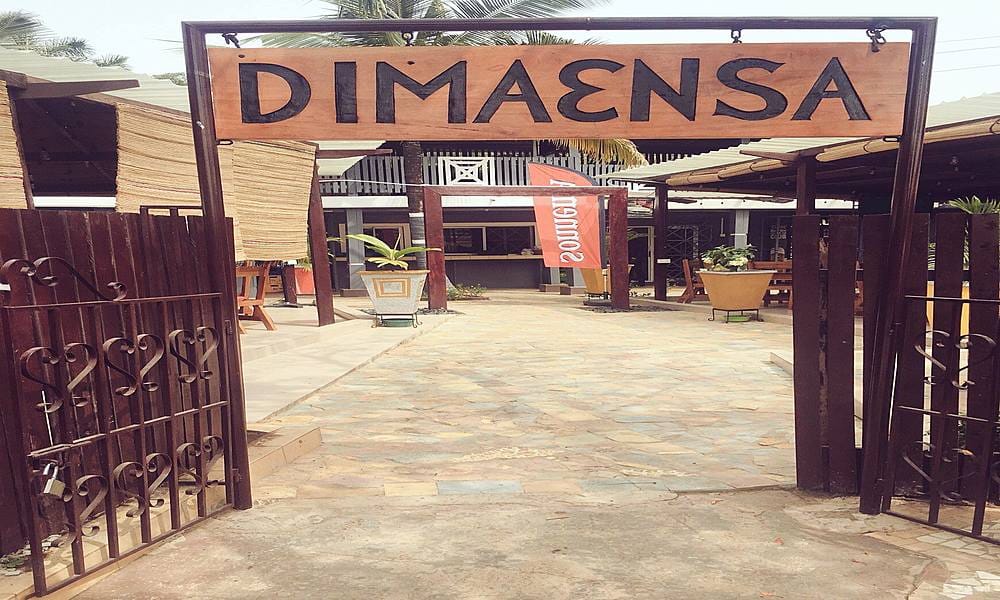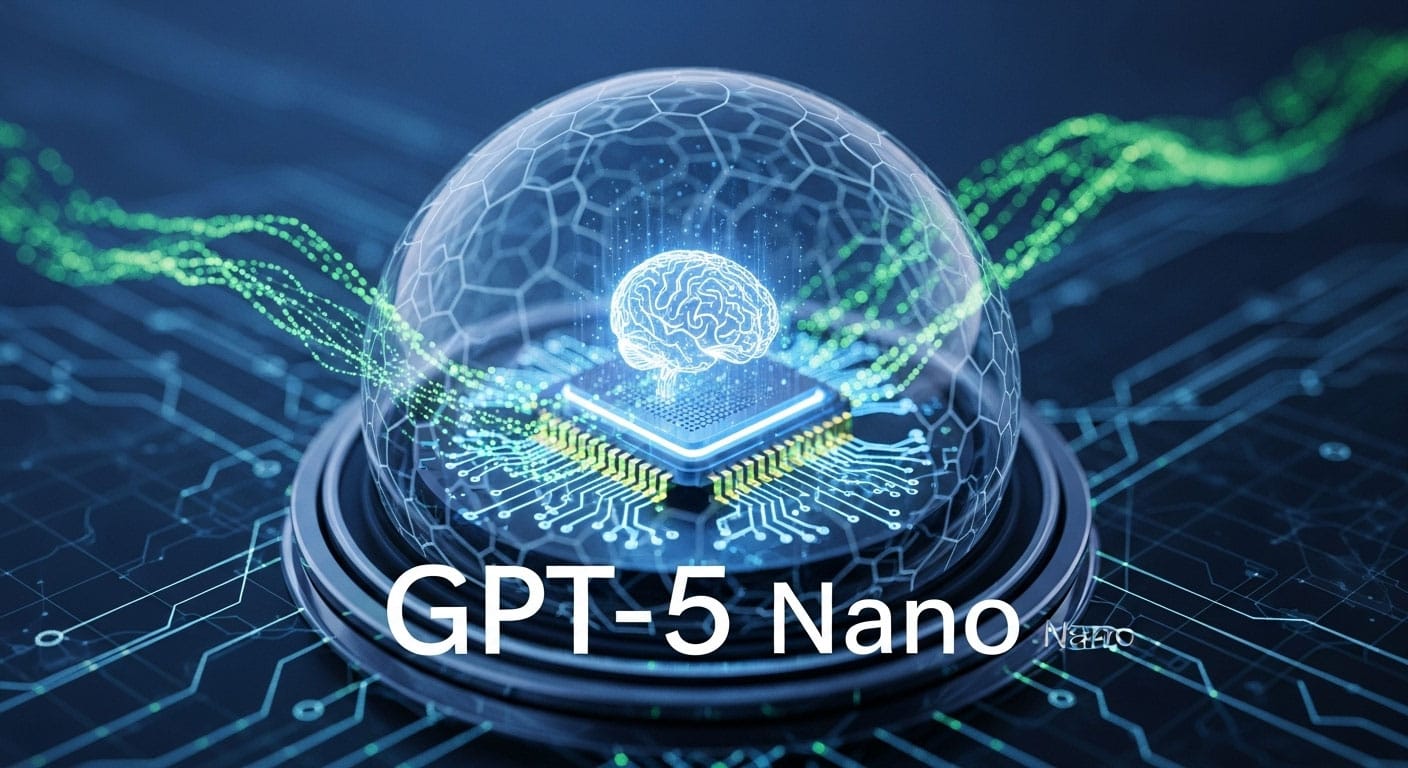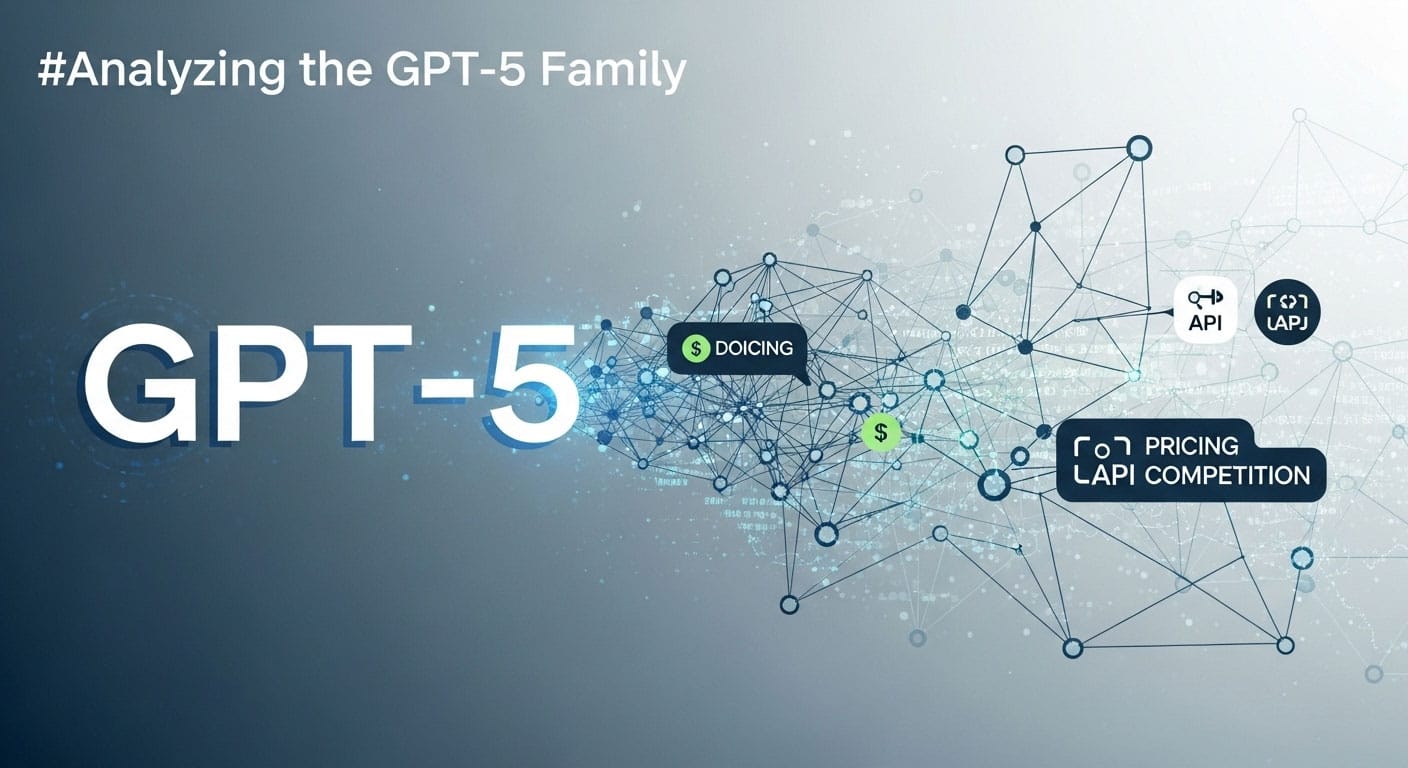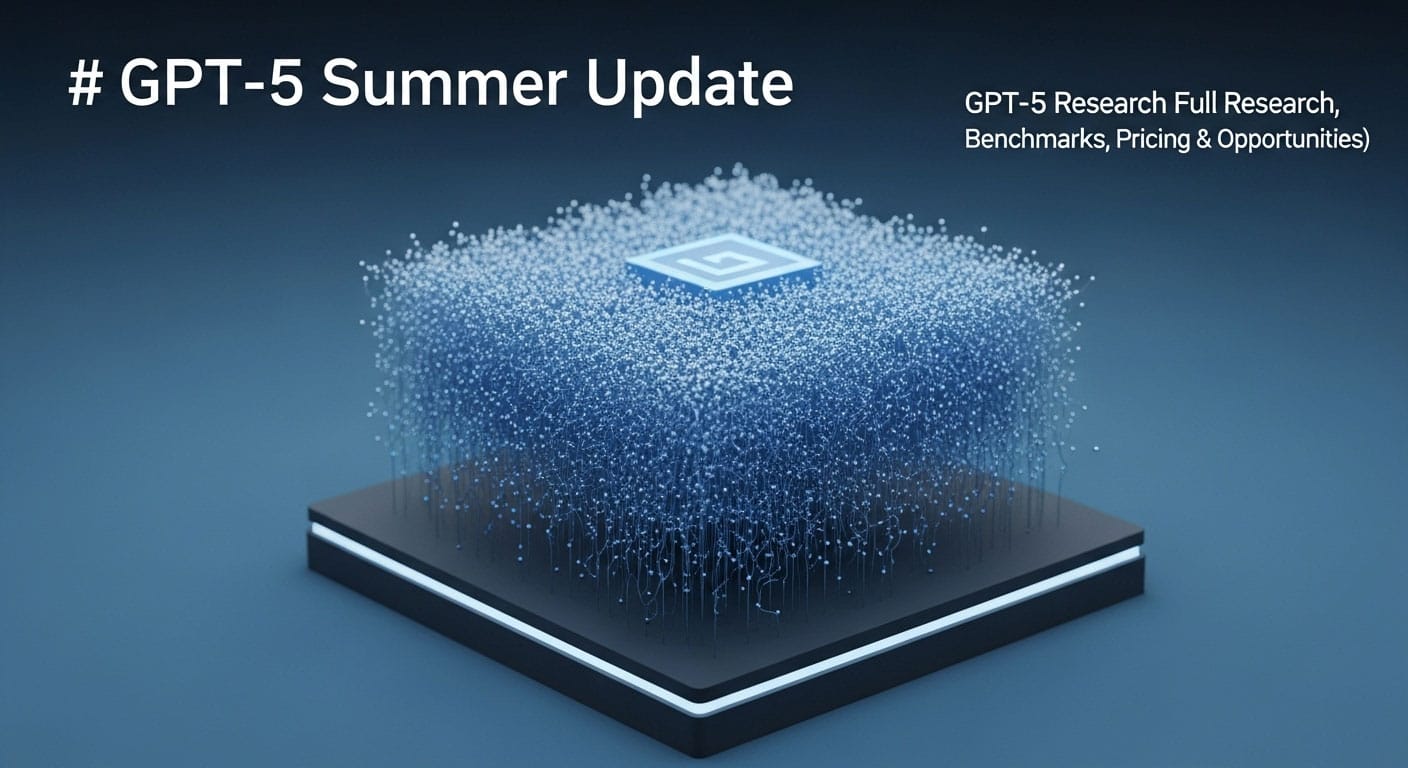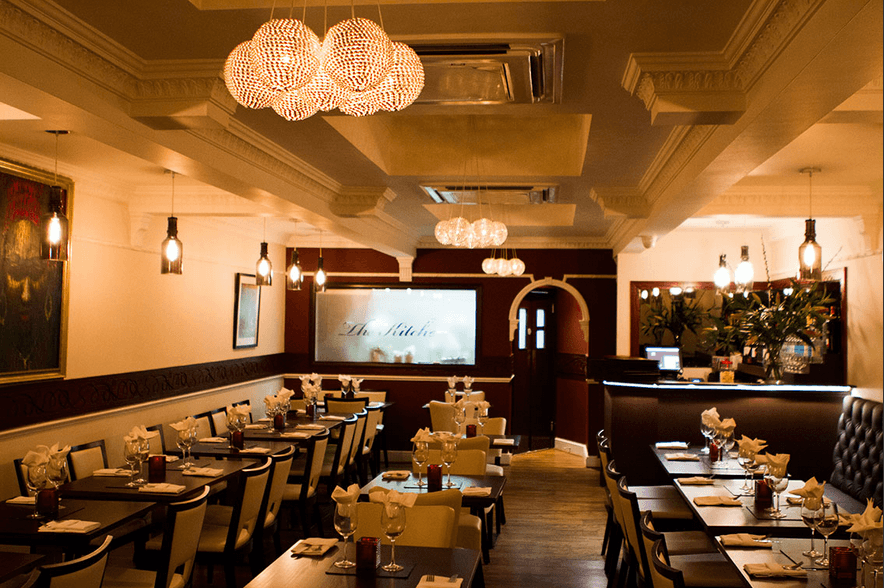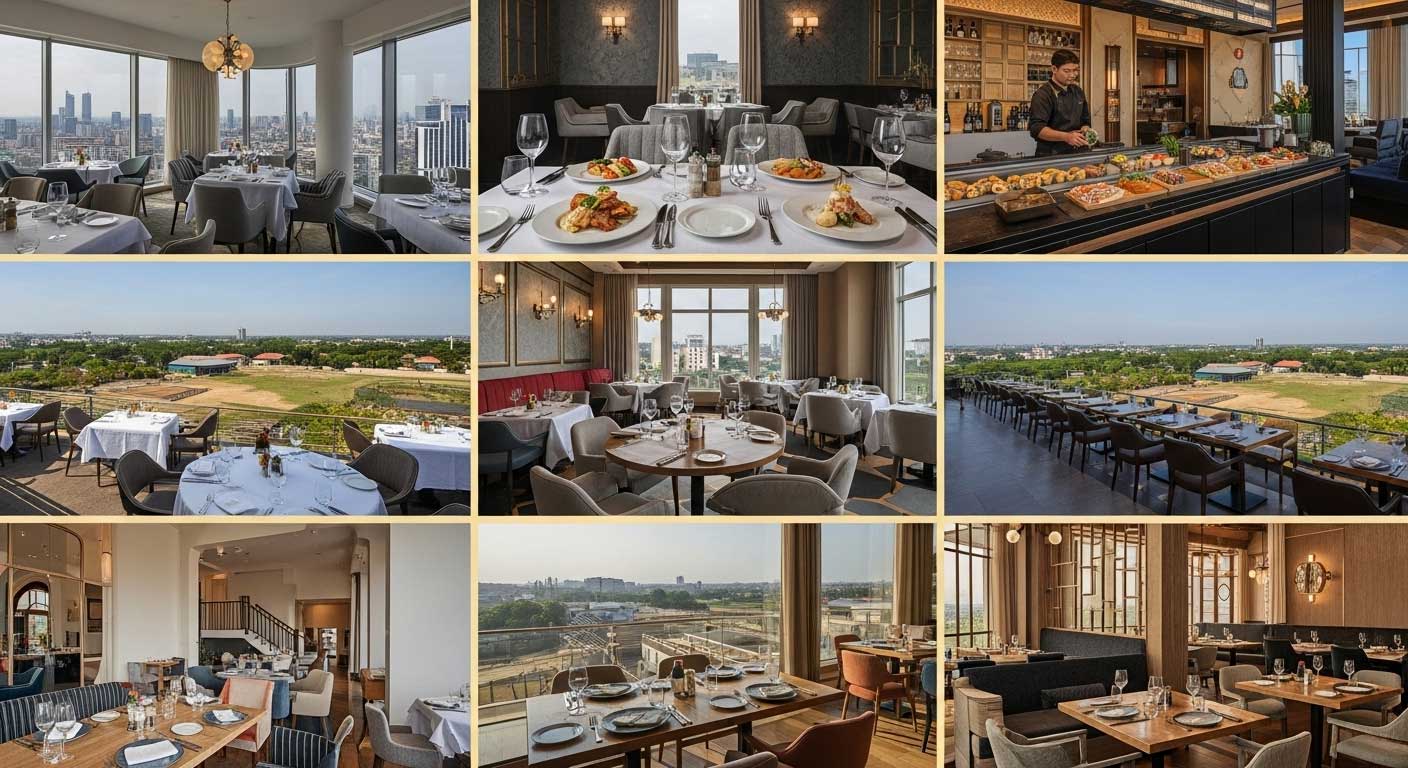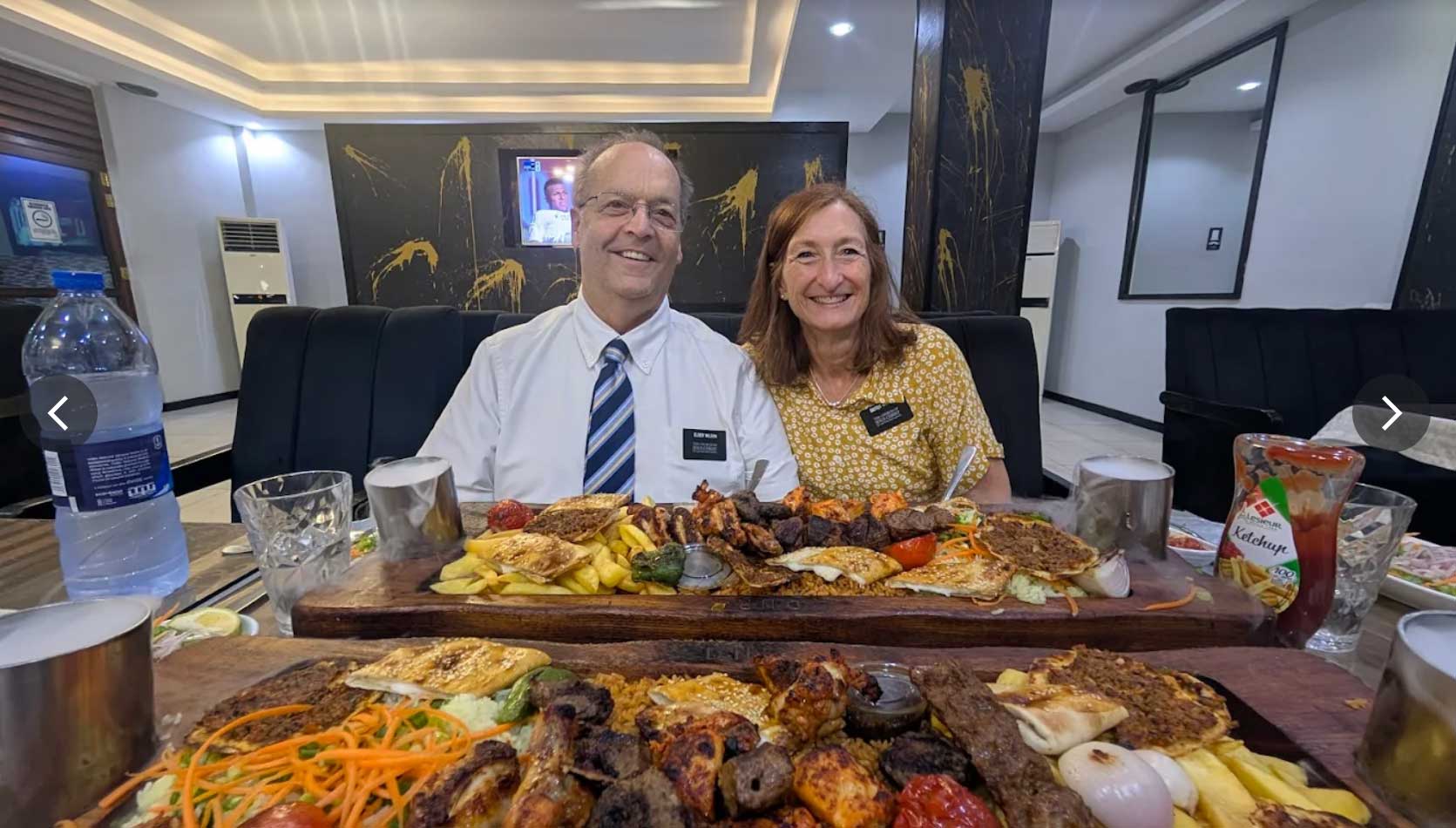Accra’s Housing Dilemma: Uncovering the Hidden Costs of Apartment vs. House Living
The choice between renting an apartment and buying a house is a major financial decision for anyone, anywhere. But in Accra, Ghana, this debate is layered with unique complexities, soaring costs, and systemic challenges that can trap even the most diligent savers. For many, the dream of homeownership feels distant, while the reality of renting is a cycle of hefty upfront payments and uncertainty. This guide delves deep into the true financial picture, exploring the **apartment vs house living hidden costs: owning a home vs. renting an apartment in Accra** to help you navigate this demanding market.
The Reality of Renting an Apartment in Accra
For many young Ghanaians and expatriates, renting seems like the most accessible entry point into Accra’s housing market. However, “accessible” doesn’t mean easy or cheap. The rental landscape is defined by a practice that is a significant barrier for most: the demand for advance rent.
The Unavoidable Hurdle: Advance Rent Payments
Unlike monthly rental systems common elsewhere, landlords in Accra typically demand rent paid years in advance. This practice, though contrary to Ghana’s Rent Control Act of 1963 (which suggests a six-month limit), is the unspoken rule.
- Standard Practice: Prospective tenants are often required to pay 2 to 5 years of rent upfront.
- Financial Strain: For an apartment costing GHS 3,000 per month, a two-year advance means finding a lump sum of GHS 72,000—an immense challenge for young professionals and those in the informal sector, where incomes are often unstable.
- The Debt Cycle: Many renters are forced to take high-interest loans just to secure accommodation, spending the “off-rent period” paying back debt rather than saving.
As one young professional, Adinan Yussif, shared, even after finding a one-bedroom apartment for GHS 800 a month in East Legon, he had to pay two years’ rent upfront, totaling GHS 19,200 ($1,500), a significant sum in a country with an average monthly salary of around GHS 2,000.
Hidden Costs Beyond the Rent Advance
Beyond the initial lump sum, renting in Accra comes with other, often overlooked, expenses:
- Agent Fees: Most renters use agents, who charge a consultation fee and a commission, typically 10% of the total advance rent paid.
- Lack of Equity: After years of paying rent, you own nothing. A decade of GHS 3,000 monthly rent amounts to GHS 360,000 paid to a landlord with no asset to show for it.
- Unpredictable Increases: Landlords can arbitrarily increase rent at the end of a tenancy, forcing another round of stressful saving or borrowing.
- Limited Control: Renters have little to no ability to renovate or customize their living space.
The True Cost of Owning a House in Accra
If renting is a financial hurdle, owning a house is a monumental leap. The path to homeownership is riddled with its own set of steep and often hidden costs, starting with the land itself.
The Soaring Price of Land and Construction
The generational wealth gap in Accra is starkly visible in land prices. A plot in a desirable area like Airport Residential that cost around $10,000 in 1980 can now command a minimum of $2,000,000. This astronomical appreciation has priced out an entire generation of young families from middle-class neighborhoods.
If you already own land, the cost to build is the next major expense. While costs vary, building a modest 3-4 bedroom house can be a significant financial undertaking, influenced by:
- Hard Costs (70-80% of budget): Materials (wood, steel, concrete, drywall, roofing) and labor.
- Soft Costs (20-30% of budget): Architectural design fees, engineering fees, building permits, and financing costs.
The Endless List of Homeownership’s Hidden Costs
Owning a home is more than the purchase price or construction cost. The ongoing financial responsibilities are substantial and are a core part of the **financial implications of owning a home versus renting an apartment in Accra**.
- Taxes and Fees: Foreign and local owners must account for various taxes. According to VAAL Ghana, these include a Stamp Duty tax (0.25% of property value), a Property Registration fee (around 0.25%), and a Capital Gains Tax of 15% when the property is sold.
- Maintenance and Repairs: Unlike a rental, all upkeep is your responsibility. This includes everything from a leaky roof and plumbing issues to appliance repairs and general wear and tear. If your property has a pool, you must also factor in heating, chemicals, and maintenance costs.
- Utilities and Services: Owners are solely responsible for electricity, water, internet, and often private security costs.
- High Financing Costs: For those who secure a mortgage, the interest rates in Ghana are prohibitively high. Numbeo data shows a mortgage interest rate of around 25.4%, compared to 4.76% in a city like Toronto. This makes financing a home purchase an extremely expensive long-term commitment.
Apartment vs. House in Accra: A Head-to-Head Comparison
To truly understand the trade-offs, a direct comparison is essential. The decision impacts not just your wallet but also your lifestyle and long-term financial health.
| Feature | Renting an Apartment | Owning a House |
|---|---|---|
| Initial Outlay | High lump-sum advance rent (2-5 years). Agent fees are common. | Extremely high cost for land purchase or down payment. High construction or purchase costs. |
| Monthly Costs | None during the “off-rent period,” but utilities must be paid. | Potentially high mortgage payments, property taxes, utilities, and insurance. |
| Maintenance | Landlord’s responsibility (in theory, though often neglected). | Sole responsibility of the owner; can be costly and unpredictable. |
| Long-Term Value | No equity is built. It is purely an expense. | Builds equity and serves as a long-term asset that can appreciate in value. |
| Flexibility | More mobility, but breaking a tenancy agreement early can be difficult. | Tied to a location. Selling can be a long and complex process. |
| Hidden Fees | Agent commissions, arbitrary rent hikes, potential loss of deposit. | Property taxes, stamp duty, legal fees, registration fees, maintenance, high interest rates. |
The Affordability Gap: Why Is Decent Housing a Luxury?
Accra is experiencing a real estate boom, yet it faces a housing deficit of over 300,000 units. The paradox is explained by market dynamics. Research shows that developers, facing high construction costs, focus on building luxury real estate for the upper end of the market, targeting wealthy individuals and expatriates. This leaves a massive gap in affordable housing for the majority of the population, 74% of whom work in the informal economy with low and unstable incomes.
The issue is compounded by policies that have privatized state-owned land, often allocated based on political patronage rather than competitive bids. This has led to a glut of under-occupied luxury apartments while ordinary citizens are pushed into informal settlements or struggle with the advance rent system.
Conclusion: Making the Right Choice for Your Future in Accra
Ultimately, the decision between **apartment vs. house living in Accra** is not a simple one of renting being “dead money” and owning being a wise investment. In Accra’s unique market, renting requires a significant capital outlay, while owning demands a level of wealth that is unattainable for most.
For renters, the path involves aggressive saving, strategic borrowing, and navigating a market with little formal protection. For aspiring homeowners, the journey requires immense capital, a deep understanding of legal and tax obligations, and a long-term commitment that withstands market volatility. Both paths are fraught with hidden costs and systemic challenges, making careful financial planning and realistic expectations more critical than ever.


